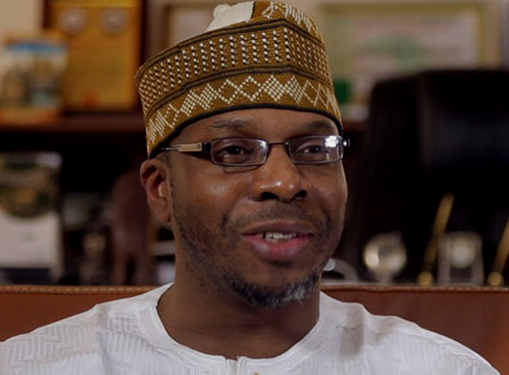Annual inflation in Nigeria rose in December for the 16th straight month to a more than three-year high, the National Bureau of Statistics said on Friday, as rising food costs lifted the price index.
The agency’s January 15, 2021 report showed that the CPI increased by 15.75% (year-on-year) at the end of last year which was especially affected by the COVID-19 pandemic.
Inflation climbed to 15.75% in December from 14.89% the previous month. A separate food price index showed inflation at 19.56% in December, compared with 18.30% in November.
While this was 0.86% points higher than the 14.89% recorded in November 2020, the headline inflation only increased by 0.01% on a month-on-month basis, with 1.61% recorded.
An analyst at Lagos-based consultancy Financial Derivatives said the continued rise in the general price level is driven largely by forex rationing, output and productivity constraints, and higher logistics and distribution costs.
Nigeria, Africa’s most populous country, is facing its worst economic crisis in 40 years, triggered by a coronavirus-induced crash in oil prices that has hammered state revenues, creating large financing needs and weakening the naira. That has made imports more expensive, adding to inflationary pressure.
Finance Minister Zainab Ahmed said on Tuesday she expects inflation to decline to 11.95% by end-2021, still above the government’s single-digit target. She added that the government would work on reducing food prices and the high cost of doing business.
Inflation has been in double-digits largely due to food prices.




































